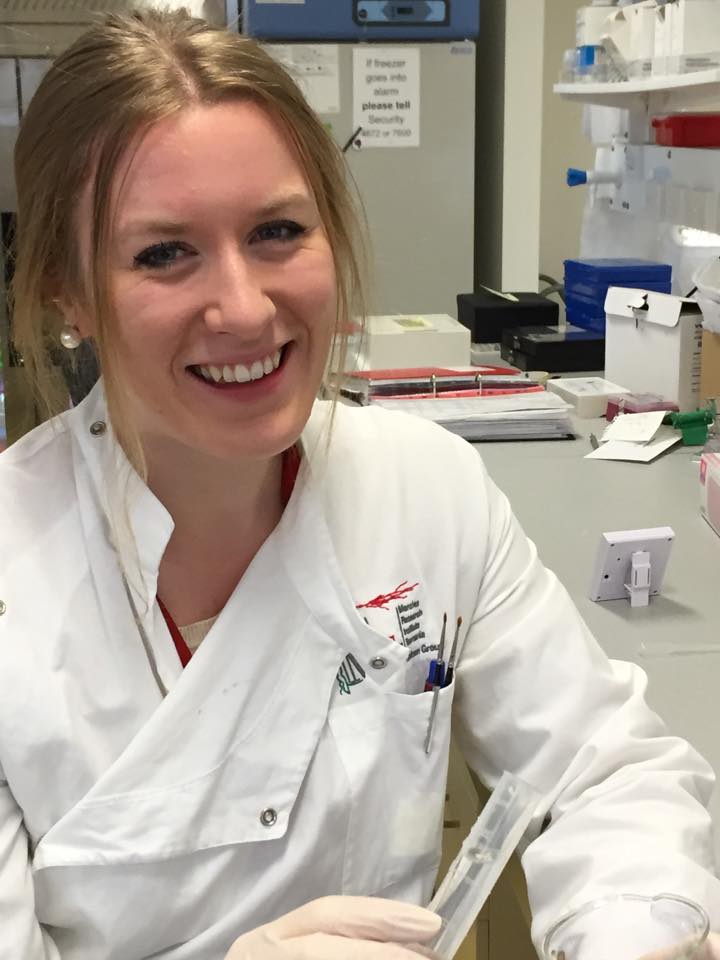
Emily Handley
Neuroscience PhD Student
Menzies Institute for Medical Research
University of Tasmania
My brain is my best friend and my worst enemy. One minute, it’s focusing me on a task, guiding my movements and creatively solving problems. The next, I don’t know where I put my keys, I’m craving a block of chocolate, and I’ve just walked into a door.
We are constantly learning, feeling, thinking and remembering, and these processes shape our personalities. The cells in our brain, called neurons, do this by connecting to each other to form a structure called a synapse. The synapse passes information between neurons through electrical or chemical signals, and it’s this sending of signals that underlies all of our learning and memory. The big things in our life become the smallest things imaginable; our likes and dislikes, our talents and even our relationships are all formed by synapses between neurons.
As we age, our brain learns shortcuts and strengthens connections between neurons. However, while our synapses and networks become easier to access, they also become weaker.
My research looks at how the loss of synapses is related to neuron death in diseases like Amyotrophic Lateral Sclerosis (ALS or Motor Neuron Disease), where sufferers lose muscle movements, and a form of dementia called Frontotemporal Dementia (FTD), where personality is altered.
Stopping early changes to the building blocks of synapses could prevent the death of neurons in these diseases, providing a potential way to cure sufferers.
Find out more: www.menzies.utas.edu.au/